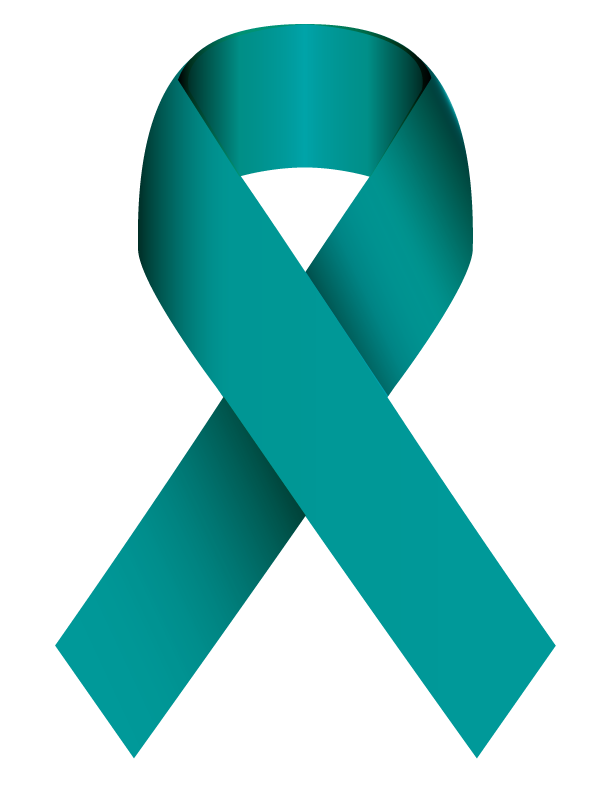April is Sexual Assault Awareness Month. So what does sexual assault have to do with cybercrime?
 When we think of cybercrime, we often think of strangers who we will never meet online, identity theft and financial fraud.
When we think of cybercrime, we often think of strangers who we will never meet online, identity theft and financial fraud.
What we may not typically consider is that survivors of sexual assault, domestic violence, stalking, elder abuse and other violent crimes may also be vulnerable to stolen personal information used to conduct cybercrime.
For example, the Network for Victim Recovery of DC found that one out of every four survivors it served last year had personally identifiable information (PII) compromised when other offenses were being committed. Some of these survivors face the double burden of recovering from the physical assault and later discovering they’re also the victim of cybercrime.
In some cases, money is not a criminal’s only motive. Criminals may commit online stalking and cyberbullying. An additional layer of risk is created when the perpetrator is a former intimate partner or family member who has had access to the survivor's information. If the perpetrator is a loved one, there may be additional barriers to the survivor seeking help or reporting to the authorities. In cases like this, the perpetrator may use identity theft as a tool to exert power, making things like seeking safe housing, securing a new job and even opening a new bank account very difficult for a domestic violence survivor whose abuser has ruined their credit or good name.
Knowledge is Power
Fortunately, tools are available to help educate survivors in the aftermath of violent crime so they can prepare and guard against potential online crimes. Even if your compromised personal information is never used in an online attack, knowing how to stay safe online is always useful! STOP. THINK.CONNECT.’s Victims of Cybercrime tips are great tools to help you protect yourself and your information.
Help is Available
Especially in cases which impact a victim’s safety, privacy and online reputation, it can help to have a crime victim advocate support the survivor through their recovery process. To find one near you, check out the Office on Violence Against Women at the U.S. Department of Justice’s Resource Map.
About the Author
Merry O’Brien is the special projects coordinator at Network for Victim Recovery of DC (NVRDC) and former director of the National Identity Theft Victims Assistance Network. She coordinates an identity theft initiative at NVRDC which focuses on the intersection between financial and violent crimes.
Latest Posts
- STOP. THINK. CONNECT. International Online Safety Awareness Campaign Enters New Era With Focus on Young Adults and Student ICT Users
- Netpathie of Switzerland Joins the Global STOP. THINK. CONNECT. Cybersecurity Awareness Campaign
- National Computer Emergency Response Team of Kazakhstan Joins STOP. THINK. CONNECT. Cybersecurity Awareness Campaign
- STOP. THINK. CONNECT. Cybersecurity Awareness Campaign Launches in Ireland in Coordination with National Awareness Lab
- Argentina Launches PARA. PIENSA. CONÉCTATE. Campaign at Tierra del Fuego Kick-Off Event
- Choosing your Cybersecurity Career Path
- Help! My IT Employee Went Rogue
- Child Identity Theft
- #ChatSTC Twitter Chat: May the Cyber Force Be With You
- #ChatSTC Twitter Chat: Now Matters – How Are You Fighting Cyber Threats?
